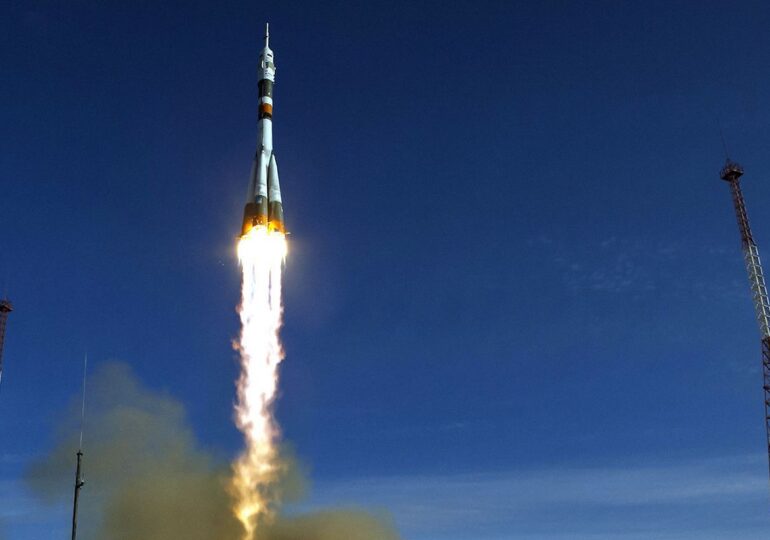The Russian space program is facing its most serious disruption in the past six decades, after the launch pad at the Baikonur Cosmodrome in Kazakhstan suffered major damages during the launch of the Soyuz MS-28 spacecraft.
Although the capsule – with two Russian cosmonauts and a NASA astronaut – safely reached the International Space Station, subsequent evaluations revealed the collapse of a mobile „service module” located under the ramp immediately after liftoff.
The structure is essential for preparing all crewed flights and Progress cargo missions.
According to independent Russian media cited by Kiev Independent, the damage could indefinitely halt all of Russia's crewed launches, a situation unprecedented since 1961.
Roscosmos announced that it has "all the necessary spare parts for a rapid repair" of the facility, but did not specify an estimated timeline for resuming operations.
The crew transported by Soyuz MS-28 is scheduled to stay on the ISS for eight months, until the end of July 2026, providing Moscow with a limited window to restore its infrastructure.
The incident affects a domain that, despite geopolitical tensions, has remained one of the last bridges of cooperation between Russia and the United States. Relations had "warmed up" after the inauguration of President Donald Trump at the White House, and this year Russian officials have even sought closer ties with American companies, including SpaceX, in technological and space projects.
Now, however, the Russian crewed flight program depends on an urgent repair in a context where such a disruption has not occurred since the early days of the space era.

